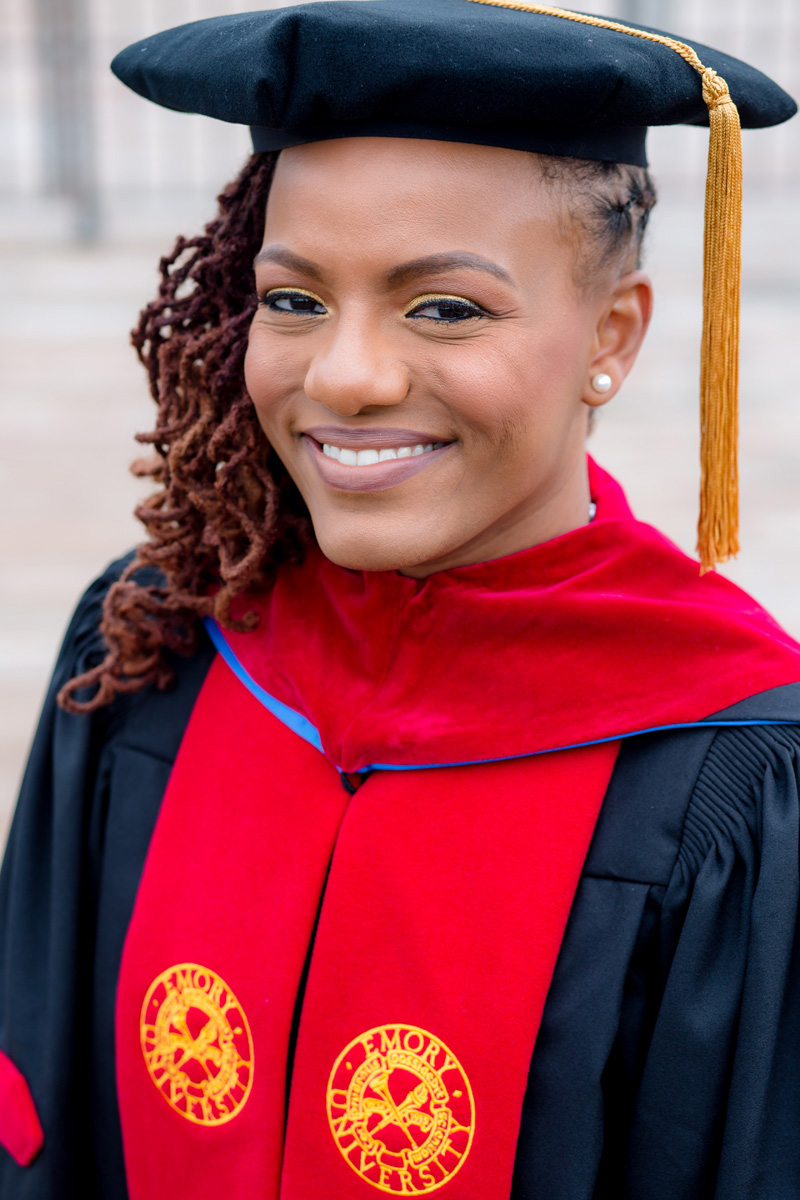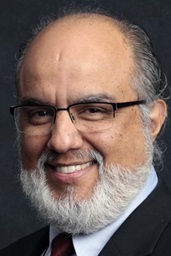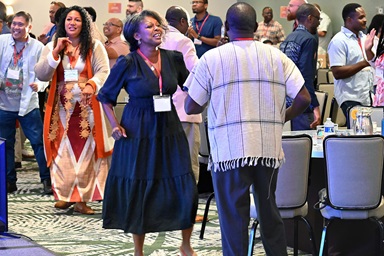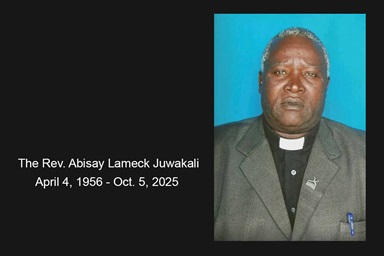Key points:
- The Black Clergywomen of The United Methodist Church caucus gathered in New Orleans July 29-31 for its national meeting.
- The group was birthed out of Black Methodists for Church Renewal to encourage, support and empower Black clergywomen across the denomination.
- Through the presence of several Black clergywomen in prominent leadership positions, attendees could see that the stained-glass brick ceiling is steadily being broken.

Photo by Dominque J. Allan, Create It Photography, LLC.
Commentaries
“Oh, freedom, oh, freedom, oh, freedom over me.
And before I’d be a slave, I’ll be buried in my grave,
and go home to my Lord and be free.
No more weeping, no more wailing,
no more crying over me, my Lord.
And before I’d be a slave. I’ll be buried in my grave,
and go home to my Lord and be free.”
This song is known as a call to action. This song is a call to being. This song is a reminder of the liberating power of God: that no matter the hardship or strife we face in this life, we will not be bound by it.
The Rev. Danita Waller-Paige belted out these lyrics and invited the Black Clergywomen of The United Methodist Church to join in and sing alongside of her during the opening worship service of their annual national meeting. This song of freedom embodied this year’s theme: “Freedom: Dance. Operate. Manifest.”
More than 100 Black clergywomen converged on New Orleans July 29-31 for a time of fellowship, worship, enrichment, empowerment, refreshing and refilling.
The week started with worship at St. Mark’s United Methodist Church, followed by providing 100 meals to the underserved in and around the French Quarter. The group was so moved by the experience that they initially collected $700, but with some nudging collected $3,000 to give to this ministry that embodies the hands, feet and love of Christ in the community.
Workshops were led by the Rev. Dr. Gennifer Brooks, the Rev. Dr. April Bristow and the Rev. Towanda N. T. Connelly. Brooks drew the connection between dance and preaching and invited the women to be free in their bodies so that they could be free with their words.
Bristow transformed her workshop space into an emergency room triage center. She invited participants to take the time to assess where they are in their lives and to perform “ectomies” — meaning to cut out any unhealthy growths in their lives, establish a care team and pay attention to signs of distress in their lives. Connelly invited workshop attendees to remember that in order to manifest the purpose of God, one must praise, engage in prayer, decree God’s promises and tap into the power of God.
The Rev. Jasmine Smothers was both the leader of the morning devotions as well as the keynote speaker for the Social Justice Luncheon. She reminded us to not forget who we were when God called us. She intimated that “we want the freedom to stay comfortable,” yet God calls us to be curious. God calls us to resist the urge to control things. God calls us to have a spirit of expectation that God will blow our minds.
We as Black clergywomen were able to get a glimpse of how God can do “exceedingly and abundantly beyond what we could ever think or imagine,” thanks to a number of Black clergywomen leaders in attendance:
• The Rev. Romonica Malone-Wardley, the first African American woman to serve as the assistant to the bishop of the Texas Annual Conference;
• Bishop Delores “Dee” Williamston, the first African American woman elected bishop in the South Central Jurisdiction;
• The Rev. Dr. Aleze Fulbright, the first BIPOC person to be elected as the general secretary of the General Conference of The United Methodist Church; and
• Bishop Tracy Smith Malone, the first African American woman to be the president of the Council of Bishops.
In the presence of these women, other women were able to see that the stained-glass brick ceiling is steadily being broken. The doors of possibilities were open. There is opportunity for growth and elevation within The United Methodist Church.
Subscribe to our
e-newsletter
In this space, the successes of Black clergywomen were affirmed and celebrated. One of the highlights was a New Orleans second line to honor the achievements of Fulbright and Bishop Malone. On the campus of United Methodist-related Dillard University, Black clergywomen along with a band featuring drums and horns, sang, danced, clapped their hands and waved handkerchiefs in the air. They just had fun. They had an opportunity to let go any pain or burdens that they may have been carrying and simply enjoy the moment. They were free!
The freedom of this space allowed them to dream for one another. Smothers said her hope for Black clergywomen is “that we will see ourselves as fully part of the whole.” Waller-Paige said her hope is that there will continually be “a group of strong Black women who will provide support for Black women who feel marginalized.” The Rev. Karli Pidgeon, superintendent for the Southeast District of the Louisiana Conference, said she hoped that Black clergywomen would “reclaim our power and stand boldly for who God created us to be.”
As the Black clergywomen gathered in a space that we had created, we had freedom to dance, operate and manifest.
For more information about Black Clergywomen of The United Methodist Church, go to https://www.blackclergywomenumc.org.
Butler is the senior pastor of Asbury Town Neck United Methodist Church in Severna Park, Maryland.
News media contact: Tim Tanton or Joey Butler at (615) 742-5470 or newsdesk@umcom.org. To read more United Methodist news, subscribe to the free Daily or Weekly Digests.



